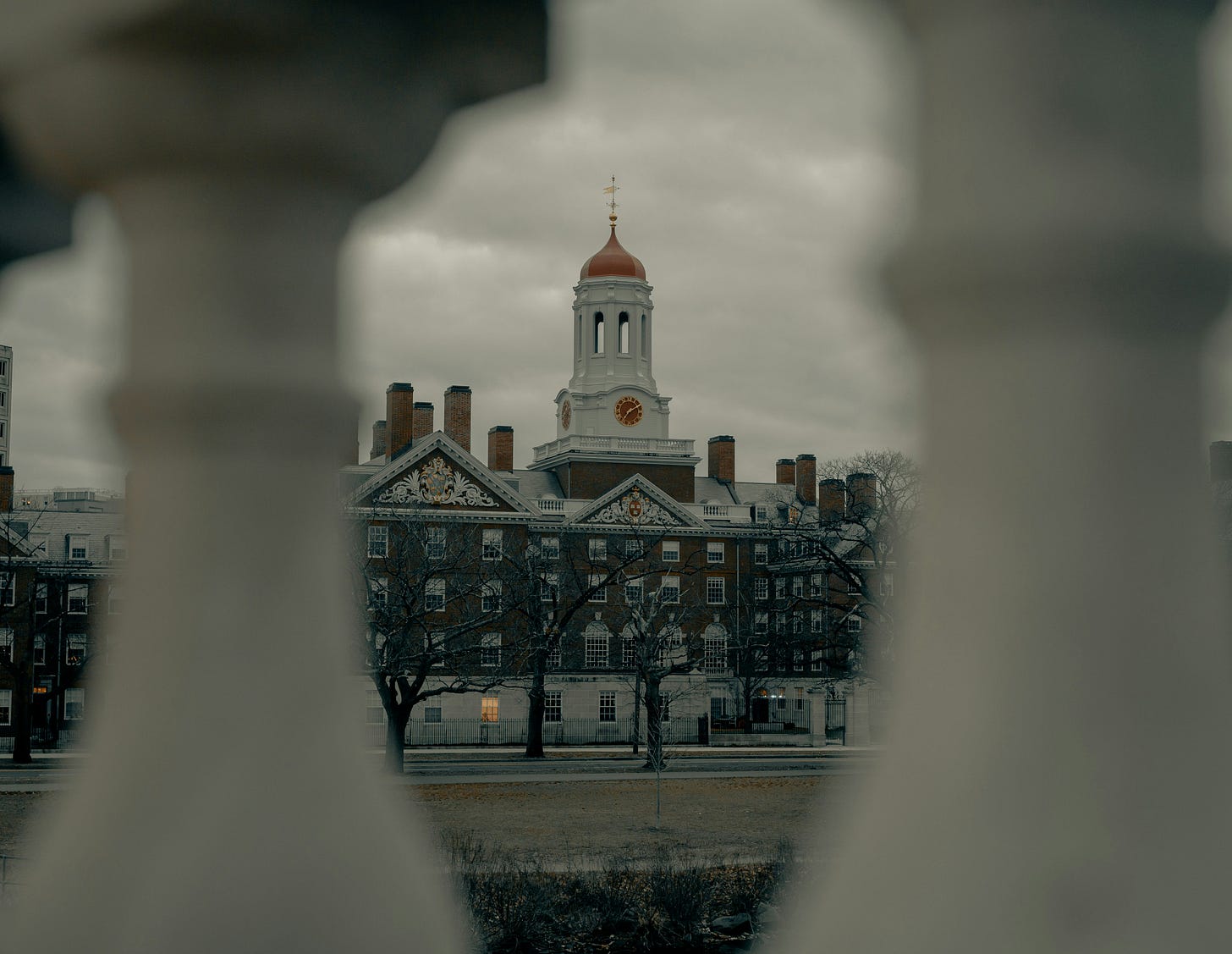Anti-Muslim Prejudice Surges to Historic Levels in America, New Study Reveals
A groundbreaking University of Maryland Critical Issues Poll reveals unprecedented levels of prejudice against Muslims in America, with favorable views dropping to 64% from 78% in 2022, marking the most significant decline in public attitudes toward any religious or ethnic group.
The comprehensive study, conducted by SSRS among 1,510 American adults with additional over samples of Black and Hispanic respondents, shows that favorable attitudes toward Islam have plummeted to just 48%, highlighting a concerning trend in religious intolerance.
“70% increase in anti-Muslim and anti-Palestinian incidents during the first six months of 2024”
Rising Wave of Incidents
The Council on American-Islamic Relations (CAIR) reports a dramatic 70% increase in anti-Muslim and anti-Palestinian incidents during the first six months of 2024, with 4,951 complaints recorded. These incidents range from employment discrimination to hate crimes, marking the highest number of complaints in CAIR's 30-year history.
Political Landscape and Presidential Politics
The study unveils a stark political divide, with 52% of Republicans opposing a Muslim presidential candidate, compared to 22% of Democrats.
This opposition to Muslim political candidates has reached its highest level, matching resistance to atheist candidates.
Education and Demographics Shape Attitudes
Educational Impact
College-educated Americans consistently demonstrate more favorable views toward both Muslims and Jews. Personal familiarity with Muslims correlates strongly with positive attitudes, emphasizing the role of direct interaction in reducing prejudice.
“Younger Americans (under 30) show more favorable attitudes toward Muslims and Islam compared to older demographics”
Age and Perception
Younger Americans (under 30) show more favorable attitudes toward Muslims and Islam compared to older demographics. However, the study reveals that even among younger Americans, views of Jews remain more favorable than those of Muslims.
Societal Integration Concerns
Only one-third of Americans believe Muslim Americans strengthen American society, a stark contrast to perceptions of other ethnic, racial, and religious groups. The disparity is particularly pronounced among Republicans, with just 22% acknowledging Muslim Americans' positive societal impact.
Recent Violence Highlights Growing Concerns
Several high-profile incidents underscore the rising tensions:
The fatal October stabbing of a 6-year-old Palestinian-American child in Illinois
A February stabbing of a Palestinian-American man in Texas
The shooting of three Palestinian students in Vermont
An attempted drowning of a 3-year-old Palestinian-American girl
“57% of Muslims experience religious discrimination “
Institutional Discrimination
The Institute for Social Policy and Understanding reports that 57% of Muslims experience religious discrimination from authority figures at work or school, compared to 39% of Jewish Americans7. Muslims are twice as likely to face religious discrimination than Jewish Americans and the general public.
Looking Forward
The study suggests that current trends could have lasting implications for American society. While incidents of prejudice have increased against both Jewish and Muslim communities, attitudes toward Muslims have deteriorated more severely.
Experts emphasize that addressing this surge in prejudice requires a multi-faceted approach, including enhanced educational initiatives, more excellent interfaith dialogue, and stronger civil rights protections. As America grapples with these challenges, the findings serve as a crucial reminder of the work needed to combat religious and ethnic prejudice in contemporary society.
The research indicates that presidential messaging plays a significant role in shaping public attitudes, particularly during times of crisis. This suggests that political leadership will be crucial in addressing and potentially reversing these concerning trends.



